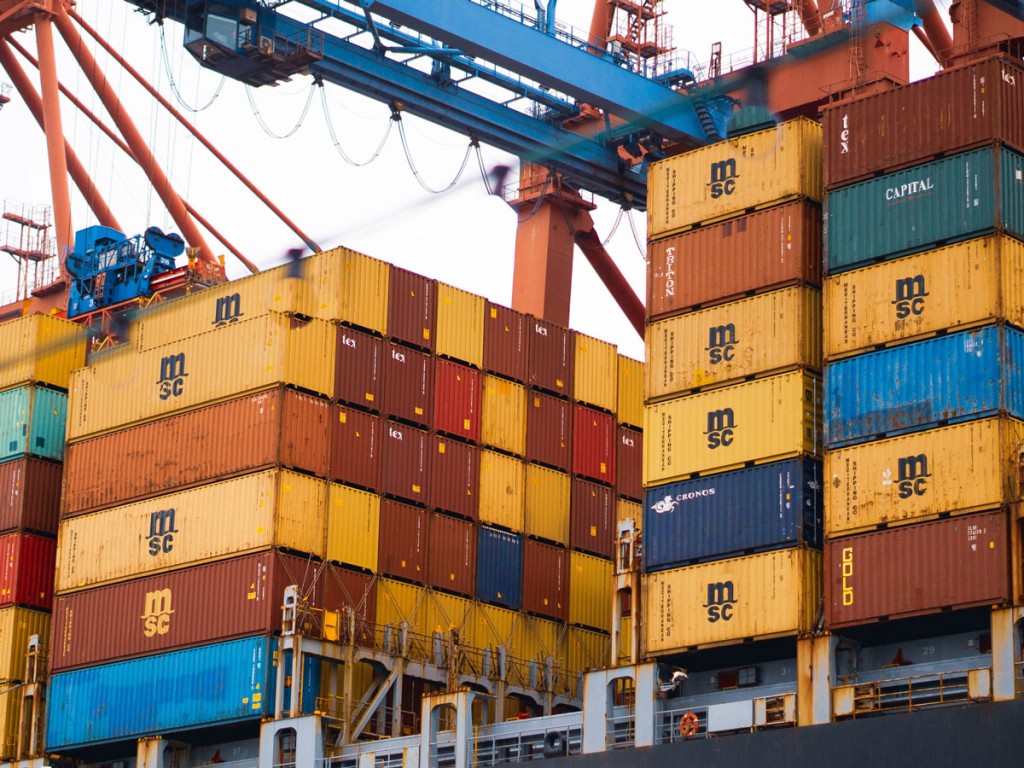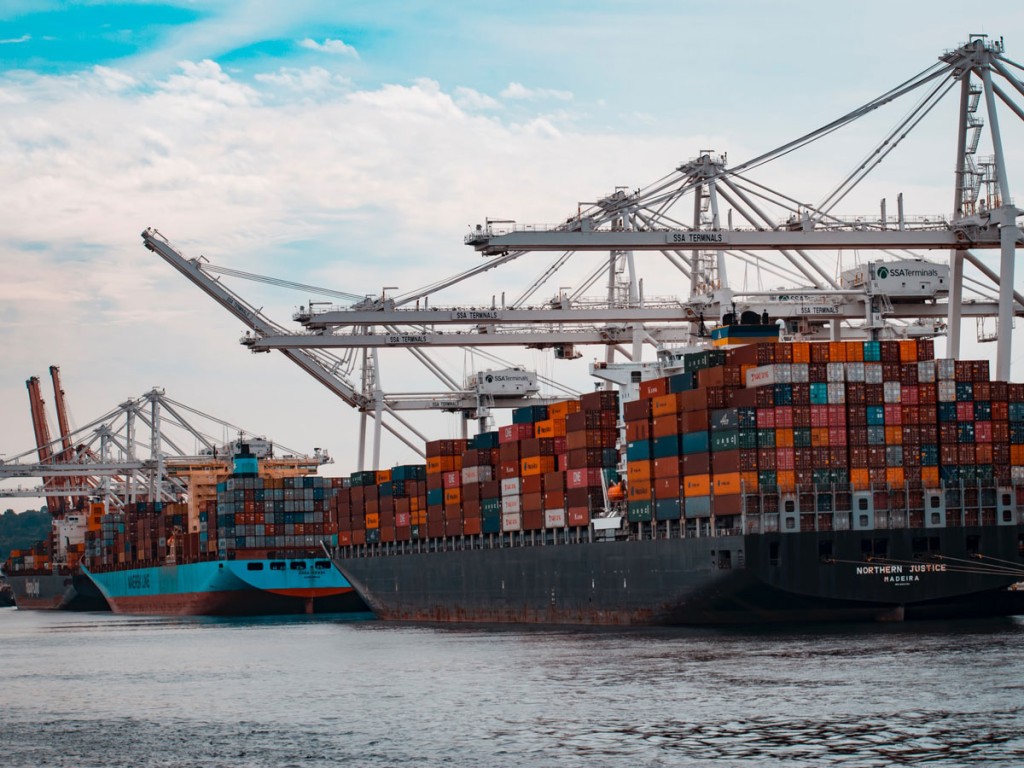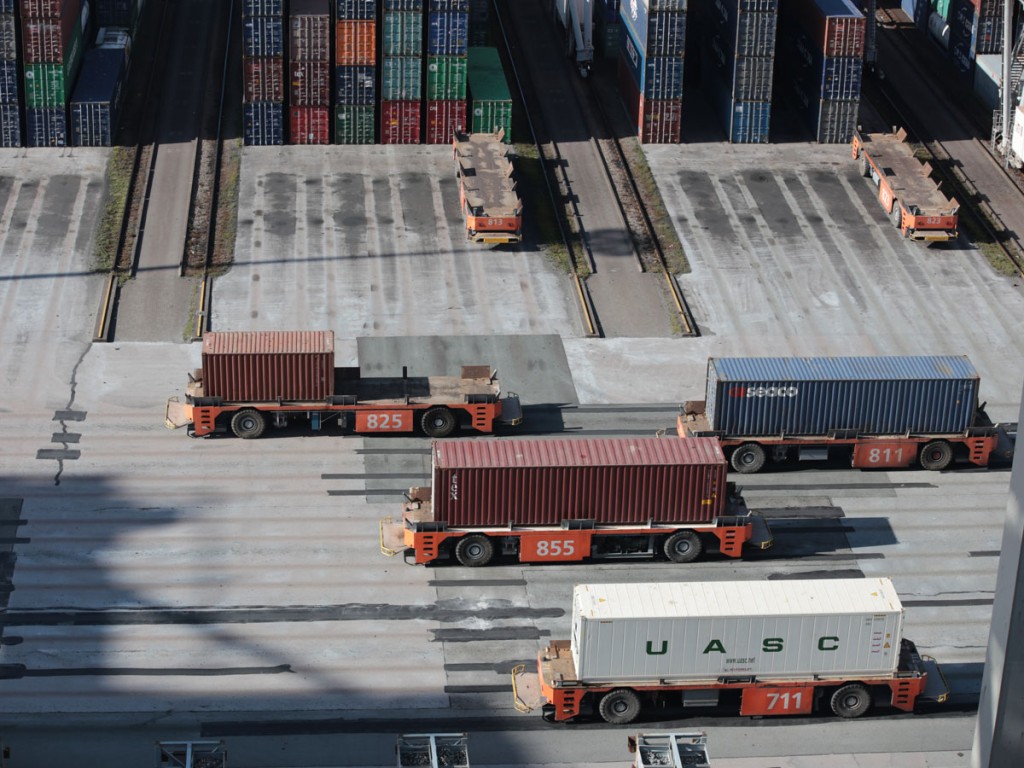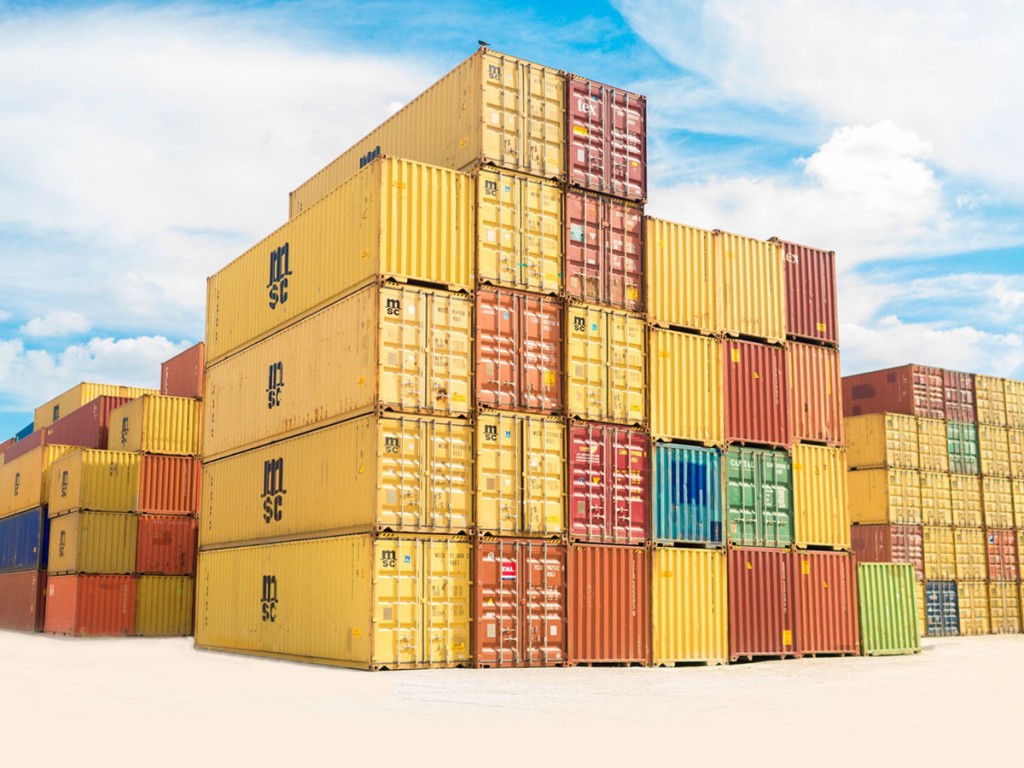
Whether you are having your goods transported for you, or you are in the logistics business yourself, insurance is sure to come up. However, a lot of people are split on the opinion of whether or not insurance is actually worth it. Certainly, on the surface, it may seem like a waste of money to invest in a precaution which will likely never come into play. You could put the funds towards improving your goods or company instead! However, it is without a doubt fact that when it is needed, insurance is a lifesaver. To illustrate this, we will cover its types and the importance of transport insurance.
General cargo insurance
General Average
Now, this type perfectly illustrates the importance of transport insurance when doing business. It only affects maritime shipping, and it is a type of insurance meant to cover any damages that occur to the vessel performing the transport. This insurance is needed because if, during its voyage, a cargo ship is damaged in any way, then the company that owns it may declare a ‘general average’, where every person with goods on the ship needs to cover part of the repair costs. The price depends on the goods and their volume, so it can quickly ramp up for large businesses. The worst part is that your cargo will not be released to you until the debt is settled. Similarly, in case of an accident at sea, part of the cargo might need to be sacrificed. In which case, you would need the insurance to be compensated.
Consequential damages insurance
If you are serious about doing any type of transportation business, then the experts from getmovedtoday.com advise to always get this insurance. It should be obvious, but most of the time, shipments have strict delivery schedules. If you fail to deliver goods by a stipulated time, you would be facing both fines and loss of reputation. However, delays are sometimes unavoidable. Storms, accidents or other issues can easily crop up and ruin things. In such cases, consequential damages insurance, which covers losses incurred by delays, is invaluable.
Marine cargo insurance
Marine cargo insurance is a type of transport insurance which covers potential losses for both air and sea cargo transport. It applies to any damages caused during the loading or unloading of the goods. Damages caused by piracy or theft, and even weather damage too. Naturally, if you’re planning on transporting your goods this way, it is practically obligatory to have this type of insurance. It is the only way to avoid massive losses if something does end up happening to your precious cargo. Especially at the scale you would likely be doing business.

Land cargo insurance
As a natural counter to the marine cargo insurance, the importance of transport insurance on land needs little introduction. In fact, compared to air and sea transportation, land freight is arguably more prone to accidents. While it is extremely rare for a plane or a ship to get into any sort of danger, trucks are regularly a part of tragic news stories. The problem has just recently gained more recognition with cargo transporter drivers talking about safety.

Moving insurance
Moving insurance is, obviously, a very specific form of transportation insurance. In fact, there are different types of moving insurance too, and to know all the kinds of it is very much important if you are in the business. Especially relevant are the loading and unloading damages insurance as well as theft insurance for moving. They actually protect both the customer and the moving company paying for it, which makes it all the more important.
Named perils insurance
Named perils insurance is a particularly interesting instance of transportation insurance. In a way, it is somewhat similar to the general cargo insurance. The difference is, instead of covering packages with different price tags but with set items in each, named perils insurance is entirely customizable. You could, in theory, insure your land cargo just for damage caused by earthquakes, for example. What makes this insurance so special and boosts the importance of transport insurance of this type’s the sheer level of customization available. This allows for those who want to be extra careful to take on protection from more types of damages. On the other hand, if you need to save some money on your insurance, you could! This is especially useful now, since not only are transportation and AI applications vital in transitioning to clean energy, it is also possible to use software to predict chances of accidents.

All-Risk insurance
The final, and most inclusive type of transport insurance is all-risk insurance. As its name implies, this type of insurance covers absolutely everything that could potentially go wrong with your goods. No matter what happens, you could rest easy knowing you would, at least, be able to recoup most of your investment. However, the degree of protection this insurance offers is proportional to its price. This means that you would be unlikely to use this type of insurance on a regular basis. Instead, you should use it when you are transporting a particularly valuable batch of cargo that means a lot to your company. In cases where the loss of cargo would deal a serious blow to your operations, it is often better to make an investment into protecting it than risk losing everything.
Final Advice
Now that you are aware of the importance of transport insurance by type, it should be easier for you to decide whether you want it and, if yes, which type to get. Just remember that, no matter how unlikely it may seem, it is always easy for accidents to happen.
Author Bio:
Jake Riordan has worked in the transportation industry for over fifteen years, first as a driver and then in a managerial position. He uses the knowledge gained during the period to write about interesting topics that are still relevant to his workplace.








_-_127500_-_3c040b6cb8335b4cad39477f7f55a34202568c96_lqip.png)
